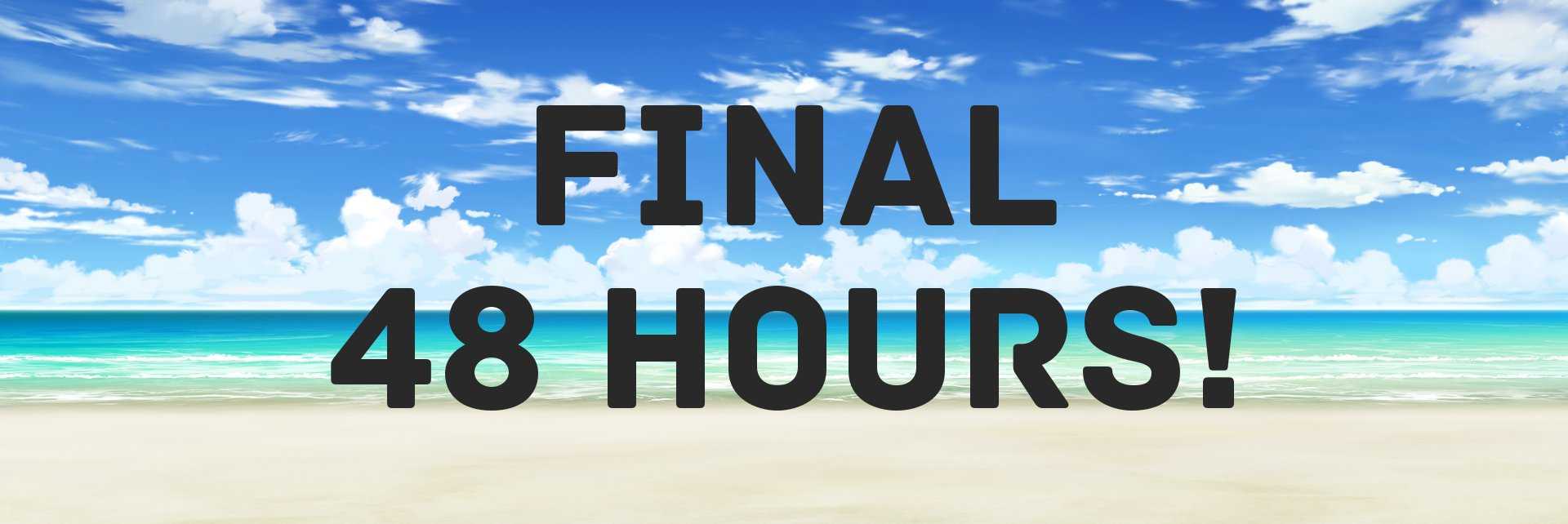Watch
Events
Articles
Market
More
Trust in the Name of the Lord Our God
Psa 20:1 יהוה does answer you in the day of distress! The Name of the Elohim of Ya‛aqoḇ does set you on high!
Psa 20:2 He does send you help from the set-apart place, And does uphold you from Tsiyon!
Psa 20:3 He does remember all your offerings, And does accept your ascending offering! Selah.
Psa 20:4 He does give you according to your heart, And fills all your plans!
Psa 20:5 We sing of Your deliverance, And in the Name of our Elohim we set up a banner! יהוה does fill all your requests!
Psa 20:6 Now I know that יהוה shall save His Anointed; He answers him from His set-apart heavens With the saving might of His right hand.
Psa 20:7 Some trust in chariots, and some in horses, But we remember the Name of יהוה our Elohim.
Psa 20:8 They, they have bowed down and fallen; But we have risen and are established.
Psa 20:9 Save, יהוה! Let the Sovereign answer us in the day we call.



2 Days Left - Order your Neem Tea Today to get your FREE Bottle of Moringa Capsules
#neem #neemqueentea #moringacapsules #allaboutneem #free #neembenefits #neembenefitsanduses #learnmore #natural #vegan #twodaysleft #moringa #tea #neemtea #wednesday




Here's an interesting article re: Russia looking to convert to a gold standard...
https://www.kitco.com/news/202....2-03-28/Russia-sets-



#readmethebiblegarth now includes a the whole gospel of John, including a new recording of John 19, in Greek with translation, and in the Lawful Literal Version, here: https://youtube.com/playlist?l....ist=PLvpqSEOjm625MyT
The John 7 Greek for 2022 recording includes a clarification of Yeshua's teaching to 'judge not', and to 'judge with a righteous judgement'. Listen to all that Yeshua is teaching, or you will take his words and misrepresent their meaning, and will be guilty before him and before God who sees all.
The John 8 LLV131 for 2022 recording includes a clarification of what Yeshua meant by 'he who is without sin, let him cast the first stone'. Please pay attention, because Yeshua was not meaning human rulers have no responsibility to condemn and punish sin.



#readmethebiblegarth now includes a new recording of Numbers 1-29 in Hebrew with translation, and in the Lawful Literal Version, here: https://youtube.com/playlist?l....ist=PLvpqSEOjm625MyT
The Hebrew for 2022 recordings demonstrate the Grenache tonal reading method for the Hebrew text which brings out the meaningful divisions of verses, according to semantic meaning of the cantillation marks found in the Masoretic text.



Thought for Today: Wednesday March 30:
Entrust your loved ones to YHVH. Release them into His Protective care. They are much safer with Him than in your clinging hands. If you let a loved one become an idol in your heart, you endanger that one – as well as yourself. Remember the extreme measures YHVH used with Abraham and Isaac. He took Isaac to the very point of death to free Abraham from son-worship. Both Abraham and Isaac suffered terribly because of the father’s undisciplined emotions. YHVH detest idolatry, even in the form of parental love. When you release loved ones to YHVH, you are also free to cling to Elohim’s hand. As you entrust others into His care, He is free to shower them with blessings. His Presence will go with them wherever they go and He will give them rest. The same Presence stays with you, as you relax and place your trust in Him.



https://firstcenturychristianity.net/the-creator/



"There’s no better way to teach students to be racist than to use race in the imposition of discipline."
https://tennesseestar.com/2022..../03/25/washington-st


